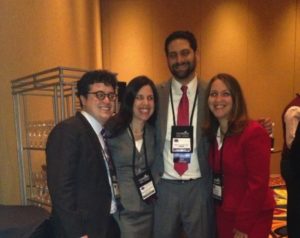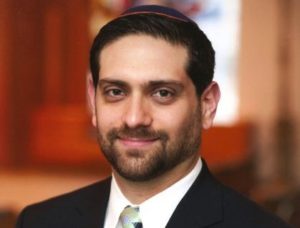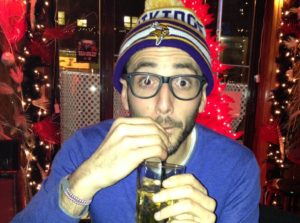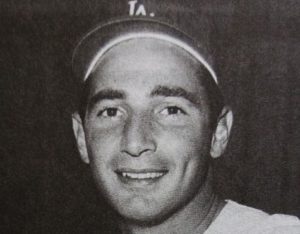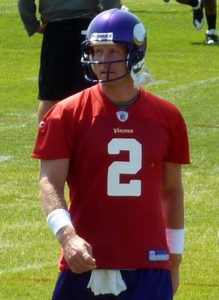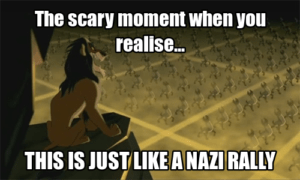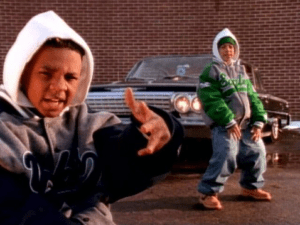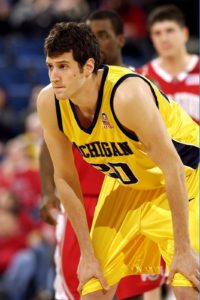A Jewish Exploration of Halloween
In 2010, I gave a sermon about the complexities Jewish Americans face each year on October 31st. After my sermon, I was approached by two different congregants. The first applauded me for being the first rabbi to get up and say that the celebration of Halloween by Jews was wrong, though I said no such thing. The second hugged me because she had been battling this dilemma for quite some time and now was happy her rabbi had permitted her kids to go trick or treating. Again, I made no such claim. At that point, it was clear to me that Halloween is an issue for Jewish Americans. I realized the need for some deeper research into Halloween, its history, and how Judaism should approach this common secular practice.


